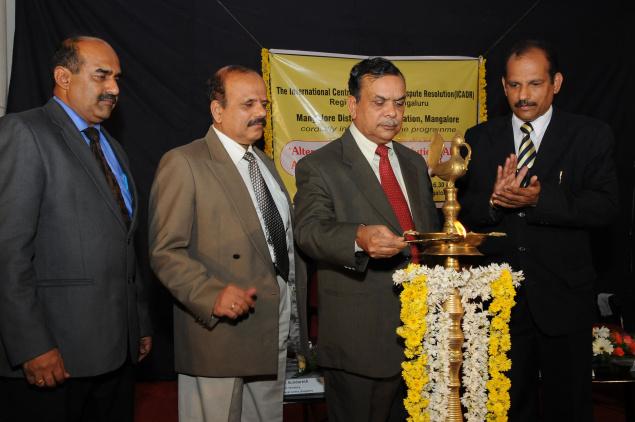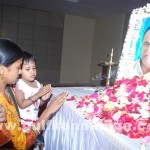Advocates and judges should come forward to adopt alternative dispute resolution mechanisms to resolve disputes at the earliest.
Fast disposal of cases clears the system of delays, said N. Kumar, Karnataka High Court judge and executive chairman of the International Centre for Alternative Dispute Resolution’s Bangalore Regional Centre.
Speaking at a programme on ‘Alternative Dispute Resolution’ here on Saturday, Mr. Kumar said advocates and judges should know that their survival depends on cases and they need to be sensitive to the needs of litigants.
The law provides for arbitration, conciliation, mediation, Lok Adalat and judicial settlement of cases.
“These mechanisms are not an alternative to the present system of delivering justice, but rather to the process of resolving disputes in courts,” Mr. Kumar said.
Advocates should check which alternative dispute resolution mechanism best helps resolve disputes. Not all disputes can be resolved at Lok Adalats.
While money suits and suits for specific performance require arbitration, family disputes require mediation. Some cases can be resolved through conciliation and there can be judicial settlement.
Advocates should give honest advice to litigants for early resolution of cases, he noted.
On the role of judges, Mr. Kumar said they should explore modes of early resolution after both parties have filed their statements before the court.
“Early disposal will help judges to focus on important cases and enjoy life outside courts,” he said.
Earlier, Mr. Kumar told students of SDM Law College that those who criticised the judiciary and the laws were ignorant of the fact that Acts and constitutional provisions pertaining to land reforms, reservation and property rights of women, had brought in bloodless revolutions. Rating the Indian Constitution as one of the best in the world, he said the Constitution of South Africa (after Mandela’s successful struggle against apartheid) was drafted by Indians.


